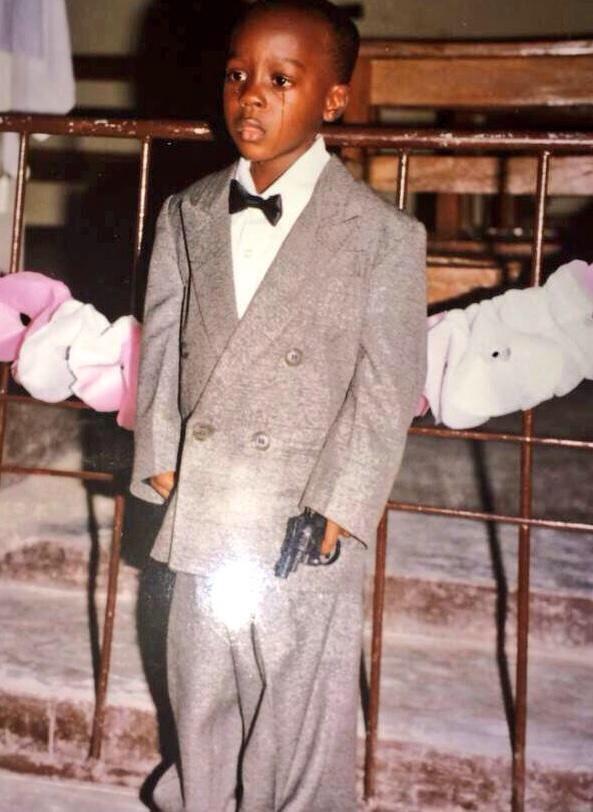Insecurity is one of the biggest threats to the Nigerian way of life as we know it. Thousands of people are being killed by terrorists all across the country, and security agencies appear too overwhelmed to contain them.
This is the dire situation that compelled the Zamfara State government to announce a new plan to arm civilians to defend themselves. The government plans to put “basic weapons” in the hands of 9,500 residents, especially farmers, so they can have a fighting chance.
The problem with Zamfara’s plan is Nigeria is notoriously strict on gun ownership. Even though the constitution doesn’t have a hard line on the topic, bearing arms is mostly restricted to members of the Armed Forces.
Notwithstanding the red tape, Nigeria still has a guideline for how ordinary citizens can obtain a licence to legally own guns.
First, who can’t get a licence?
According to the Firearms Act, anyone who falls under the following categories shouldn’t even dream of getting a licence:
1. Anyone under the age of 17
Too young to shoot.

2. Anyone of unsound mind
Well, no one would want someone like that owning a gun.
3. Anyone with an intemperate habit
Maybe your head used to touch on days that end with “y”.
4. Anyone with defective eyesight
It’s kind of important to be hitting the target when shooting.
5. Anyone convicted of an offence involving violence or threat of violence within the past five years
Because the Nigerian system doesn’t forgive and forget, and we understand this one.
Cool, I’m none of these people. Where should I queue?
To apply for a licence to own a gun in Nigeria, you have to face the Nigeria Police Force.
The application requires basic personal information and a certified medical report. If the licence is granted, the applicant has to register the serial number of the purchased firearm with the police, and the licence must be renewed annually.

But applying for a gun licence isn’t always smooth sailing for a number of reasons.
Owning a gun isn’t a right
The right to own a gun isn’t protected by the Nigerian constitution, so the police aren’t obligated to grant you a licence just because you asked nicely. Even if you tick all the right boxes, the response can be:
Which is exactly what it says in Section 6 of the Firearms Act. But if that rejection happens, an applicant may petition the president to reconsider. Good luck with that sha.
Responsibilities of a gun owner
By applying for a licence to become a gun owner, an applicant vows to abide by these six specific responsibilities:
1. Storing the firearm in a safe place
2. Not allowing the firearm to be used by someone else
3. Producing the firearm and licence when required by a police officer
4. Notifying the licensing authority if the firearm is lost, stolen or destroyed
5. Notifying the licensing authority and surrendering the firearm to a public armoury when the licence holder travels abroad
6. Notifying the licensing authority when the licence holder changes residential address
How easy is it to get a gun licence in Nigeria?
The Nigerian government isn’t favourably-disposed to civilians bearing arms despite the escalating insecurity in the country. The Zamfara State Police Command has already announced that it won’t grant licences as ordered by the government.
So, even though there’s a process to becoming a legal gun owner, the government isn’t too invested in its success. It’s not impossible to become a legal gun owner in Nigeria, it’s just not as easy as subscribing for Netflix.
ALSO READ: Do You Know About Nigeria’s Firearms Act?




